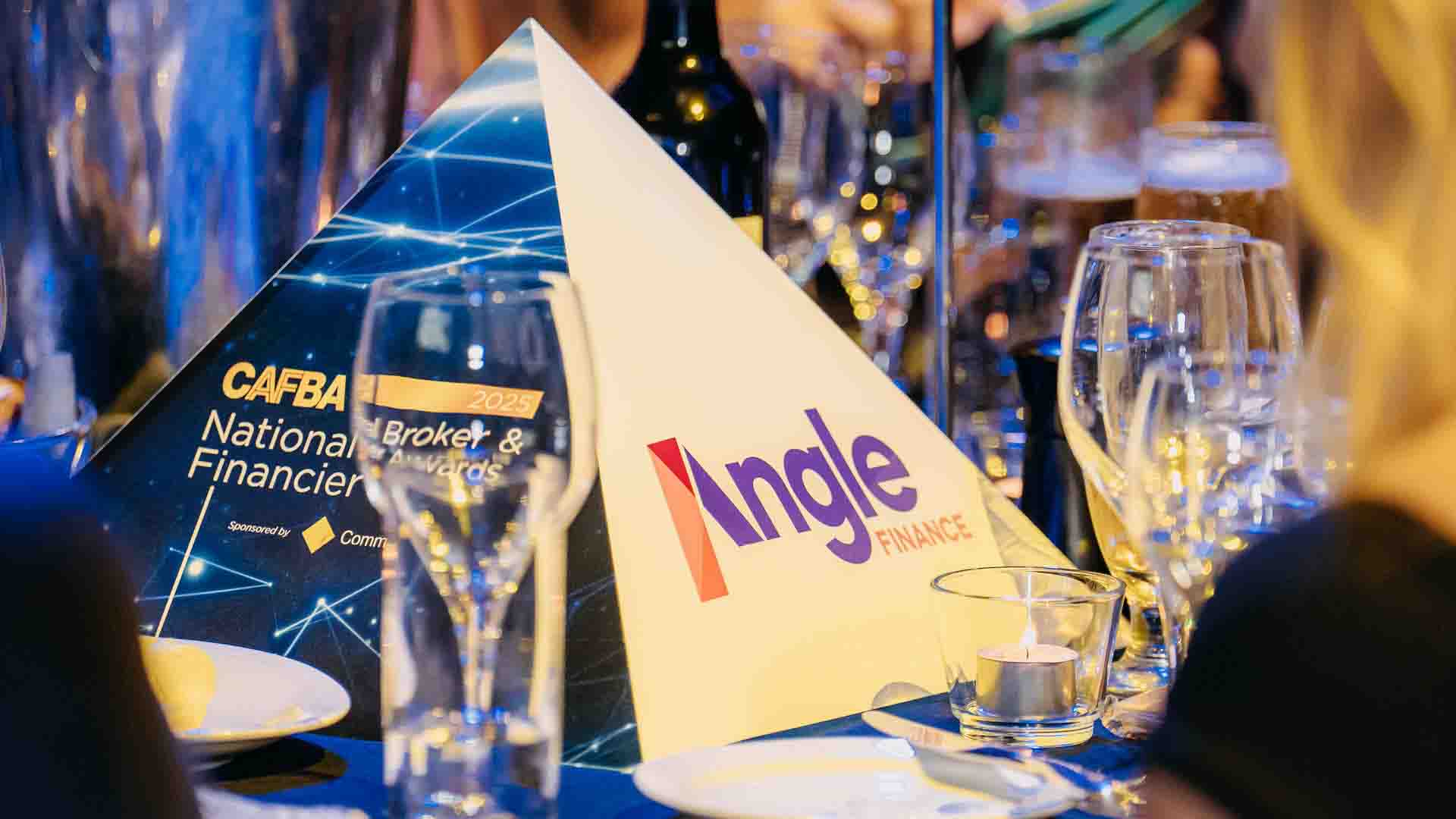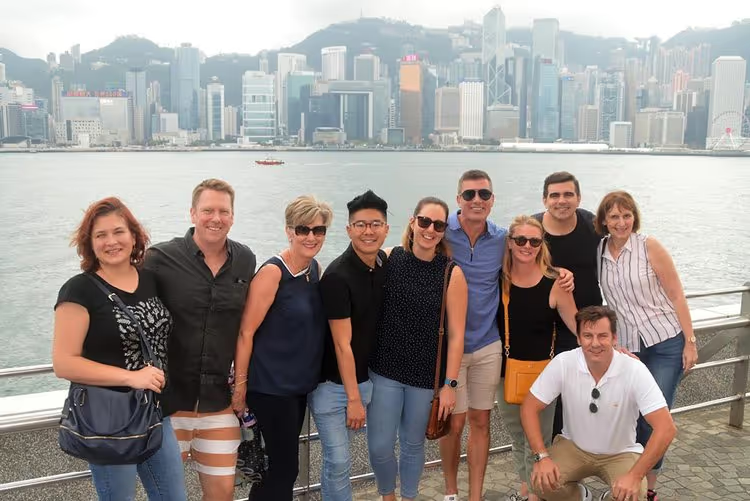In a business world where engagement is currency, events hold the power to create lasting impressions, drive meaningful interactions and solidify brand positioning. Even more so after three years of social isolation - the events industry is undergoing a resurgence as people look to reconnect and engage.
But for an event to achieve its potential, it's not enough to simply 'host' it; you need a strategy. An effective event strategy serves as a blueprint, guiding brands in the creation and execution of impactful events that resonate deeply with their intended audience, whether employees, customers or consumers.
“So, what should an event strategy encompass?”
An event strategy should outline the objectives, target audience, budget allocation, themes, content, technology integrations, and the marketing and promotion plans. It should also account for potential challenges, including contingency plans for unforeseen events. Having a robust strategy is akin to having a roadmap that ensures every decision aligns with the overarching brand goals, values and the specific goals of the event.
As we do annual planning, brands should be proactive in defining their event strategies, with a keen eye on emerging trends, changing audience preferences, and the evolving global landscape. Now, more than ever, businesses should dedicate resources to shaping their event strategies for the forthcoming year, ensuring they are equipped to host events that not only engage, but also inspire.
With this in mind, let's dive into some pivotal actions brands should undertake now for a compelling event strategy.
Reflect on past events:
Start by conducting an audit of your past events. What worked? What didn't? An honest evaluation will provide insights into the elements that resonate with your audience and those that need rethinking.
Reconnect with your audience:
Your audience's preferences, behaviours, and expectations are constantly shifting. Engage in comprehensive audience research to grasp their current desires and anticipate future needs. Jackie Gordon, Director at Dovetail says,
“Our audiences are a mine of information and potential ideas, don’t be scared to engage with them.”
Hybrid or in-person:
Making a decision on the types of events is important. Whilst hybrid events have been on-trend for some time, it may be that your brand engagement would be better served with in-person events. This is again a compelling reason to listen to your audience, and to understand the objectives of your events.
Innovate with technology:
Leverage the latest technologies to elevate the event experience. From augmented reality (AR) product demos to real-time data analytics for feedback, technology can significantly enhance attendee engagement. Collaborate with tech experts or partner with companies, like Dovetail, that specialise in integrating technology into events. “We don’t recommend technology for tech’s sake, “says Jackie, “but it can be incredibly impactful as well as enable brands to track data that is useful for the future”.
Emphasise sustainability:
Environmental consciousness at events is not just a trend – it's a necessity. More attendees now expect brands to host green events. Whether it's through digital event bags, sourcing local produce, or ensuring waste management, integrating sustainable practices can be a unique selling point for your events.
Rethink content delivery:
Static presentations are a thing of the past. The modern audience demands engaging, interactive content. Consider incorporating workshops, breakout sessions, or even gamifying aspects of your event.
“An engaged audience is an involved audience, and events are a great opportunity to have delegates interacting with your brand in different ways.”
Foster networking opportunities:
One of the primary reasons attendees love events is the networking potential. However, this shouldn't be left to chance. Plan dedicated networking zones, offer digital platforms for pre-event interactions, or employ apps that can help attendees schedule one-on-one sessions with others. “Coffee shop” areas are great for these, and are particularly good for employee focused events where people look to connect with colleagues.
Develop a robust marketing plan:
Building anticipation for an event is key. Create a multi-channel marketing strategy that begins months in advance. This includes teaser content, email campaigns, partnerships, or influencer engagements to generate buzz around your event. Whether your event is employee or customer focused, large or small, you can tailor your marketing campaign and budget accordingly.
Safety first:
While we all hope for safer times, it's crucial to prioritise attendee safety in our plans. This includes possible health measures, but also data security for digital platforms, and ensuring physical security for in-person attendees. Working with your venues for Health and Safety related issues is a good strategy.
Partner with experts:
While it's commendable to handle everything in-house, the intricacies of modern events can be overwhelming. Collaborating with seasoned event planners, like Dovetail, can provide access to their expertise, connections, and resources, ensuring a seamless and successful event experience, especially when you don’t have expertise in-house.
Budgeting: a crucial aspect of planning
Budgeting stands as one of the foundational pillars of successful event planning. Crafting a meticulous budget ensures that all facets of an event, from venue rental to technology integrations, are appropriately funded without any unexpected expenses throwing a wrench in the proceedings.
To initiate this, start by outlining all anticipated costs, both big and small, such as venue, catering, marketing, entertainment, logistics, and contingency funds. Then, allocate funds based on priority, ensuring that core elements of the event are given precedence. It's also crucial to periodically review and adjust this budget as plans solidify, and quotations are received. This dynamic approach to budgeting not only keeps your event's financial framework robust but also provides flexibility to optimise for better value propositions or to address unforeseen expenses.
Lastly, always ensure that a portion of your budget, typically 10-15%, is set aside as a contingency fund, safeguarding your event against unplanned scenarios. By strategically budgeting, brands can host impactful events that provide value to attendees while ensuring a return on investment.
When should you start planning your event?
Large-scale Events (Conferences, Major Product Launches):
- 12-24 months in advance
- For events that involve multiple stakeholders, international attendees, or require securing major venues and keynote speakers, starting well over a year in advance is ideal. This allows time for venue booking, securing speakers or performers, negotiating with suppliers, and executing comprehensive marketing campaigns.
Medium-scale Events (Workshops, Seminars, Regional Product Launches):
- 6-12 months in advance
- For events that might span a day or two and involve a more localised audience, half a year to a full year is generally sufficient. This gives ample time for venue selection, content creation, and promotion.
Small-scale Events (Local Community Events, Small Gatherings, Webinars):
- 2-6 months in advance
- These events may be more flexible in terms of venue and content, but still require sufficient lead time for effective promotion and logistical preparations.
“In the complex world of event planning, timing and strategy are everything. The most memorable and impactful events are often the fruit of meticulous planning, encompassing not just logistics but a deep understanding of the desired audience experience. As with all meaningful endeavours, success is rooted in preparation. Starting well in advance ensures a comprehensive approach, allowing for adaptability and innovation. With the expertise and guidance of seasoned professionals like Dovetail, the journey from concept to reality is seamless, culminating in events that leave lasting impressions.”
About Dovetail Events: The Dovetail Directors has been at the forefront of crafting memorable and impactful events for brands engagement for over 15 years. With a commitment to innovation, creativity, and meticulous planning, our team ensures that every event is a unique experience, tailored to resonate with its target audience.
.avif)









.avif)


















